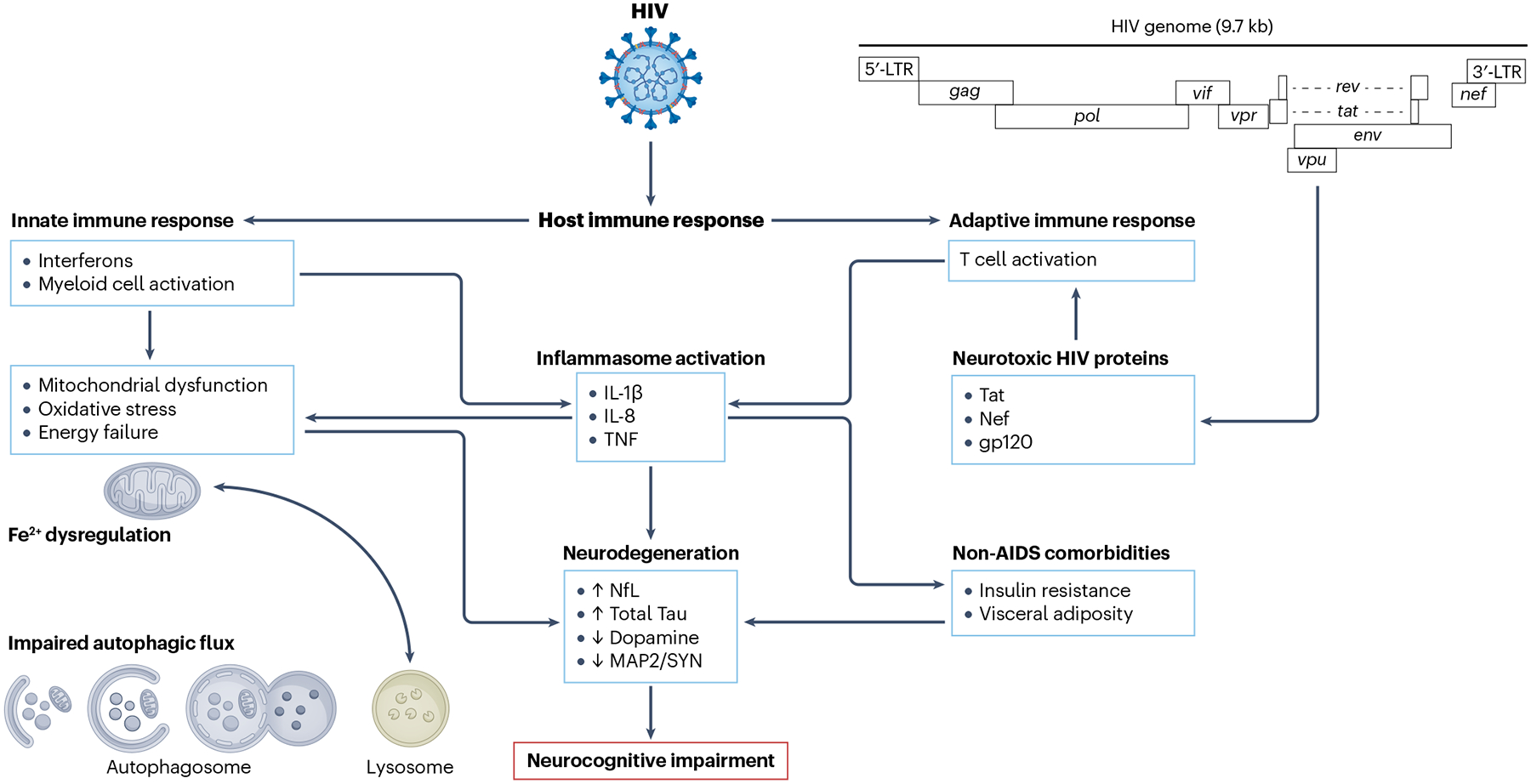Fig. 1 |. Overview of factors contributing to neurocognitive impairment in people living with HIV with viral suppression.

HIV proteins, such as Tat, which continue to be produced even when HIV replication is suppressed by antiretroviral therapy, are toxic to neurons and glial cells. In addition, HIV interacts with the host to produce deleterious immune responses. Particularly important here is the innate immune response, mediated in large part by interferon signalling and myeloid cell activation, which results in the production of neurotoxic inflammatory mediators, mitochondrial dysfunction and oxidative stress, impaired autophagy and ultimately neurodegeneration, leading to neurocognitive impairment. Additional contributing factors are comorbidities, such as insulin resistance, and visceral adiposity as well as toxicities of antiretroviral medications. Addressing these alterations might influence the long-term course of brain disease associated with HIV. LTR, long terminal repeat; NfL, neurofilament light; MAP2, microtubule associated protein 2; SYN, synaptophysin; TNF, tumour necrosis factor.
